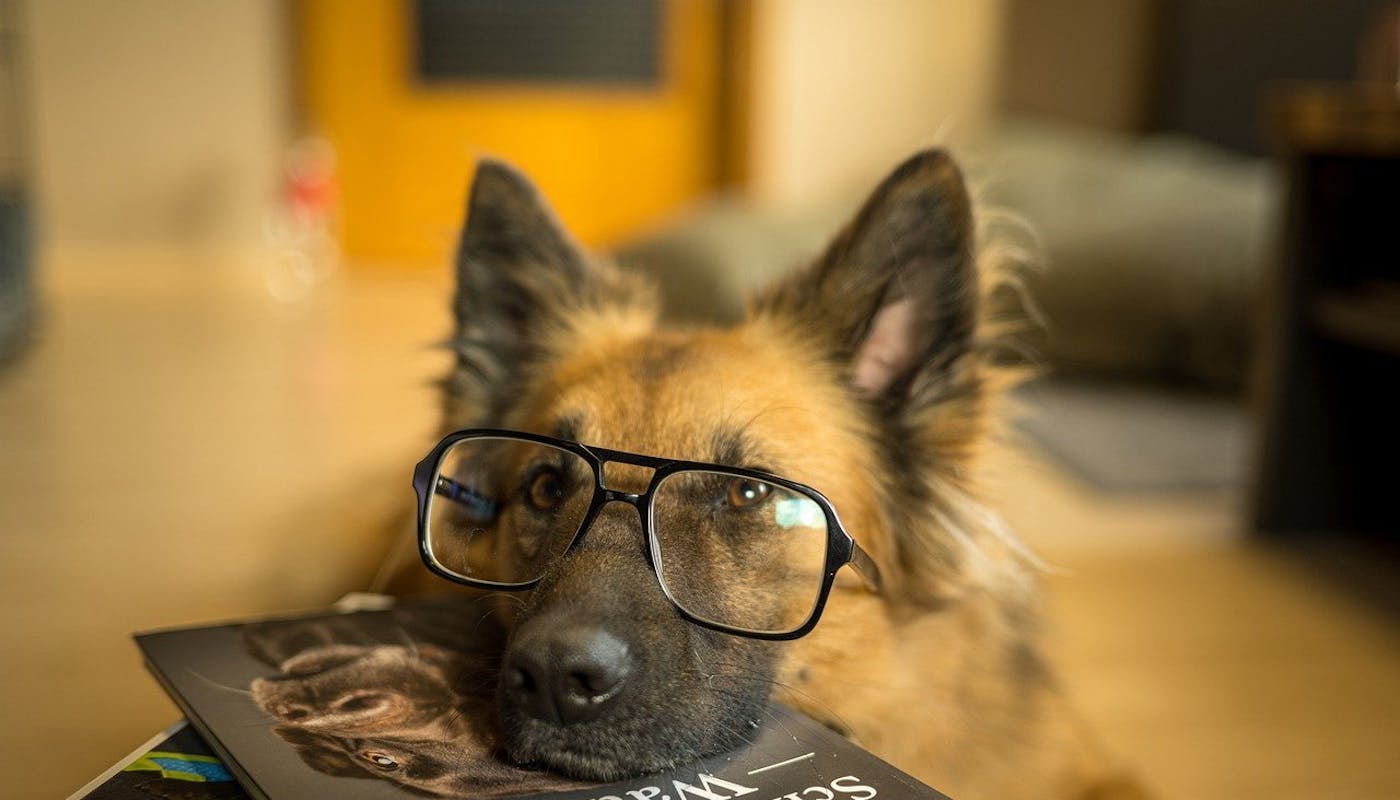What is an Animal Psychologist?
Are you considering a qualification in animal psychology? Or wondering what an animal psychologist or behaviorist does all day? Read on to learn what skills and qualifications people need to succeed in this rewarding line of work.
What is Animal Psychology?
In the last few decades, the interest in animal psychology has increased. It’s the study of animal behavior and relationships – between themselves and with humans and other species.
Could You Be An Animal Psychologist?
Animal psychologists are required in places like zoos and parks as well as animal rescues and hospitals.
You can also become an independent animal psychologist who provides services to pet-owners whose animals have behavioral issues.
Finally, there are many animal psychologists in the academic world – researching and teaching the latest insights in animal psychology. They work with a wide range of animals, from domesticated pets to wild animals all over the world.
Becoming an animal psychologist requires developing skills like:
- Observation. A large part of your job will involve watching animals and recording their responses to a wide variety of stimuli.
- Collating and developing. Reading the latest research enables you to identify new opportunities for collaboration and your own projects.
- Presenting or teaching. In academic animal psychology, you will share your findings at events or lectures. In practical work, you may be required to train people or animals to develop desired behavioral patterns.
How Do You Become an Animal Psychologist?
A bachelor’s degree in animal psychology, science or behavior is usually the basis for this career, but you can start with a more generalized veterinary or science degree and then continue to take a Master’s in Animal Behavior. If you are interested in finding out more about the career, an internship at a veterinarian practice or animal institution will help you to decide if it’s right for you.
According to the US Bureau for Labour Statistics,https://www.bls.gov/ooh/personal-care-and-service/animal-care-and-service-workers.htm#tab-1 demand for animal care jobs (like veterinarian jobs) is rising about twice as fast as the average demand for jobs – and this does include all kinds of animal care roles, but we can see that the sector is rapidly growing.
What Other Jobs Involve Animal Psychology?
Most people who qualify in animal psychology go on to become academics or animal behaviorists, hired to help care centers to improve their work, preserve species, and educate their associates. Across the spectrum, this work can be immensely rewarding. Some of the roles that you could see advertised include:
- Animal Behaviorist
A specialist in animal behavior, usually with a view to improving care or relationships.
- Animal Scientist
This role is required by research organizations including non-profits, academic institutions, and government-funded programs.
- Animal Research Assistant
This role could provide support at an academic institution but is also required in zoos and animal parks, where education and preservation are important concerns.
Further Reading
We love wondering what our dogs are thinking. Find out what’s been discovered about self-awareness in dogs/learn/dog-lifestyle/are-dogs-self-aware, and what the US Military discovered about the value of petting our dogs/learn/dog-lifestyle/do-dogs-like-hugs. Embark on your own animal psychology research project by studying your dog’s body language/learn/dog-training/how-to-read-your-dogs-body-language.
